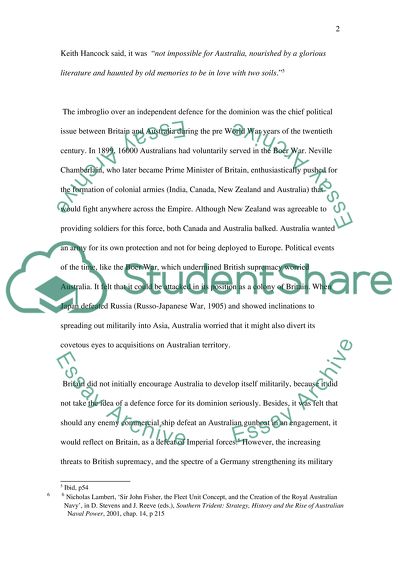Cite this document
(“Australian Responses to the Decline of Britain as a World Power in the Essay”, n.d.)
Australian Responses to the Decline of Britain as a World Power in the Essay. Retrieved from https://studentshare.org/history/1504343-australian-international-history-essay
Australian Responses to the Decline of Britain as a World Power in the Essay. Retrieved from https://studentshare.org/history/1504343-australian-international-history-essay
(Australian Responses to the Decline of Britain As a World Power in the Essay)
Australian Responses to the Decline of Britain As a World Power in the Essay. https://studentshare.org/history/1504343-australian-international-history-essay.
Australian Responses to the Decline of Britain As a World Power in the Essay. https://studentshare.org/history/1504343-australian-international-history-essay.
“Australian Responses to the Decline of Britain As a World Power in the Essay”, n.d. https://studentshare.org/history/1504343-australian-international-history-essay.


